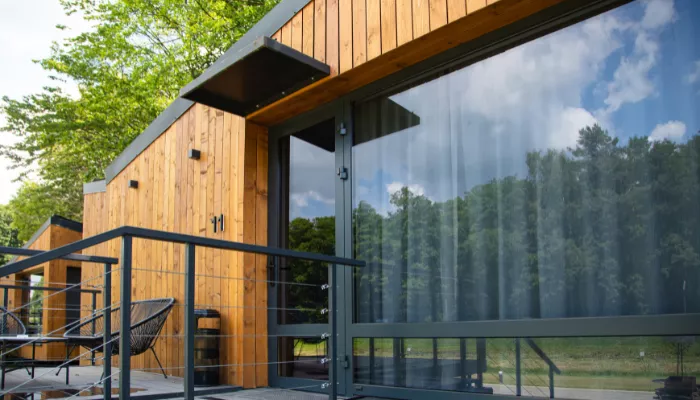
The Advancement of Sustainable Homes in the Brazilian Scenario. In construction, an industry that has shaped the world we live in, for decades, but also significant environmental impacts.
However, a new mentality is emerging in Brazil and around the world, the search for sustainable homes.
The concept of sustainability in residential construction is no longer a distant idea or a passing trend, but a pressing need
From concrete to consciousness, we are witnessing a notable advance in the Brazilian scenario, where sustainability becomes a priority in home construction.

Previously, civil construction was predominantly focused on functionality and cost, without considering environmental impact.
Environmental concerns were not part of the priority discussions in the construction process, and damage to the environment was often ignored in favor of economic progress.
However, the devastating consequences of the unrestrained exploitation of natural resources began to become increasingly evident.
The growing climate crisis, resulting from increased greenhouse gas emissions and uncontrolled deforestation, has awakened a collective environmental consciousness.
Climate change has begun to directly affect communities around the world, resulting in extreme weather events such as more intense hurricanes, prolonged droughts, and devastating floods.
These extreme events not only caused significant material damage, but also negatively impacted people's lives.
Causing displacement, loss of human life and compromising food and water security.
Furthermore, the damage caused by the unrestrained exploitation of natural resources has become more evident.
Excessive extraction of minerals, destruction of delicate ecosystems and widespread pollution of soils, rivers and oceans have contributed to the loss of biodiversity and large-scale environmental degradation.
The negative impacts of these activities began to be recognized not only by environmentalists and scientists, but also by governments, companies and citizens concerned about the future of the planet.
A sustainable construction It is not limited to just installing solar panels or rainwater harvesting systems.
It involves a holistic approach that considers the energy efficiency, the use of eco-friendly materials, the Waste Management and bioclimatic design.
The advancement of sustainable homes it also has a significant impact beyond environmental aspects.
These initiatives promote the creation of green jobs, stimulate technological innovation and contribute to improving the quality of life in communities.
For those who want to adopt sustainable practices in their own homes, there are several apps available that offer helpful tips and resources.
Here are some examples:
In summary, the advancement of sustainable homes in Brazil it represents not only a change in the way we build our homes.
But also an opportunity to promote a more resilient and environmentally conscious future.
From concrete to consciousness, we are paving the way for a built environment that respects and preserves natural resources for future generations.
